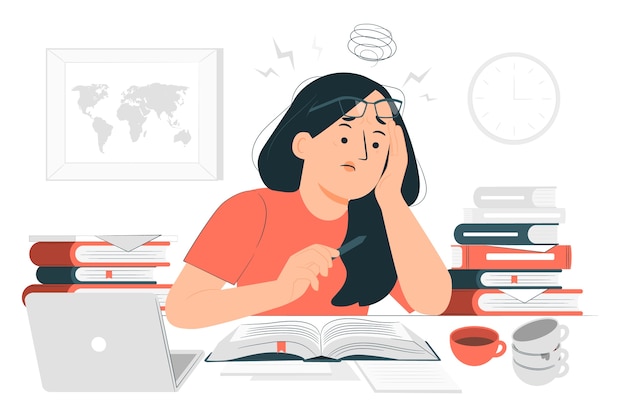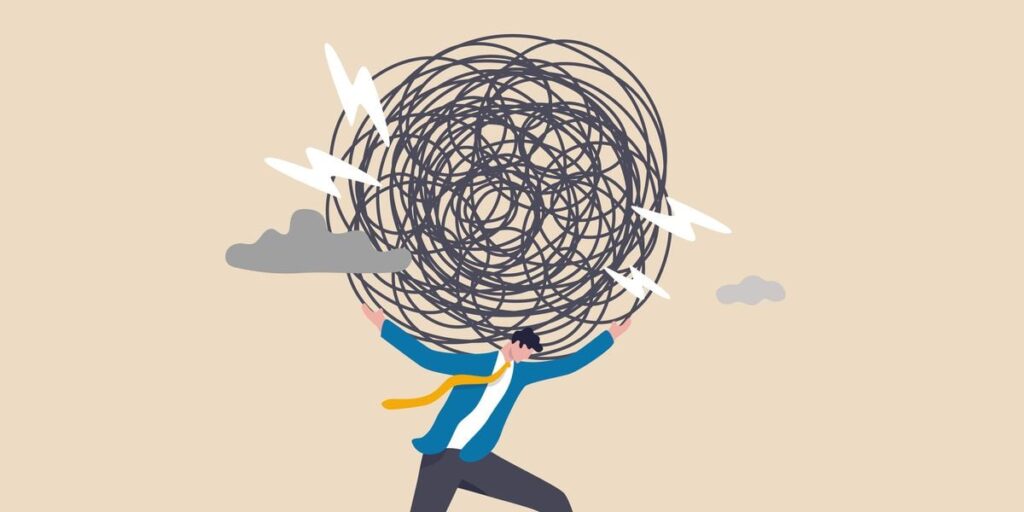Suspendisse volutpat elit nec nisi congue tristique eu at velit urabitur pharetra exnon ullamcorper condimentum.
When Stress Comes Between Us: The Impact of Stress on Interpersonal Relationships
June 28, 2023

Strained Connections: How Stress Impacts Relationships
- Communication Issues: When individuals are stressed, they may have difficulty effectively communicating their thoughts and emotions. This can lead to misunderstandings, conflicts, and strained communication patterns within relationships. Stress can make it challenging to listen attentively, express oneself clearly, or engage in constructive problem-solving.
- Emotional Distancing: Stress can cause individuals to withdraw emotionally from their partners. When overwhelmed with stress, people may become less responsive, less empathetic, or emotionally unavailable. This emotional distancing can create a sense of disconnection and strain the emotional intimacy within the relationship.
- Increased Tension and Conflict: High levels of stress can lead to increased tension and conflict within relationships. Individuals may be more irritable, short-tempered, or prone to outbursts when under stress. Minor disagreements may escalate into major conflicts, further adding to the strain on the relationship.

- Decreased Quality Time: When individuals are stressed, they may have less energy and time to devote to their relationships. Stress can consume their attention and focus, leaving little room for quality time together. This can lead to feelings of neglect and a decrease in relationship satisfaction.
- Lack of Emotional Support: When individuals are dealing with their own stress, they may struggle to provide emotional support to their partners. This can leave one or both partners feeling unsupported, which can erode trust and emotional closeness within the relationship.
- Intimacy Challenges: Stress can impact both emotional and physical intimacy within a relationship. High levels of stress may lead to a decrease in sexual desire, difficulties in maintaining physical intimacy, or an overall decline in intimacy due to emotional disconnection.
- Shared Stressors: Sometimes, couples may face shared stressors, such as financial difficulties, career challenges, or parenting responsibilities. These external stressors can place a strain on the relationship as both partners navigate the stress together. The pressure from these shared stressors can increase tension and require additional effort to maintain a healthy relationship.
It’s important to recognize the impact of stress on relationships and take proactive steps to manage and mitigate its effects. This can include open and honest communication, practicing active listening, seeking support from each other, and finding healthy ways to cope with stress together. Additionally, prioritizing self-care, managing individual stress levels, and seeking professional help when needed can also contribute to maintaining healthy relationships amidst daily stressors.
discover yourself
,inner peace
,journey to harmony
,reduce stress
,relationships
,the effects of stress
,understanding your mind
,well-being



